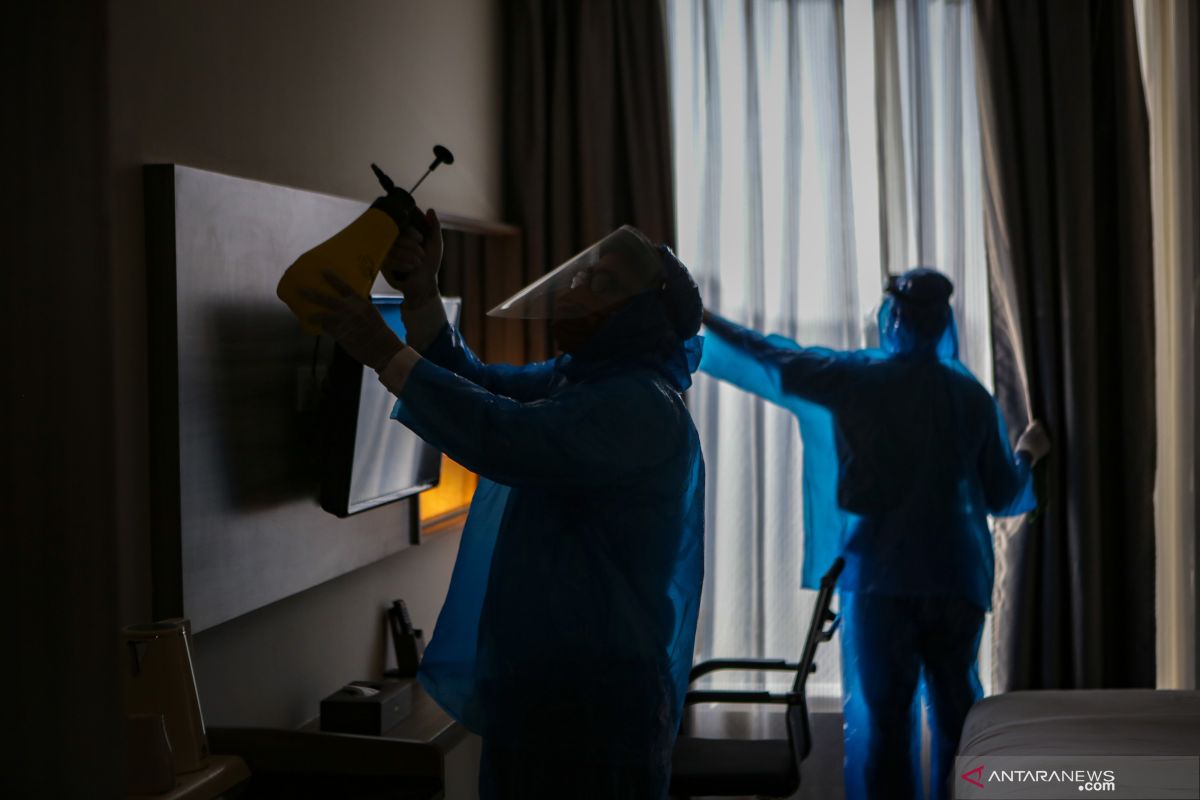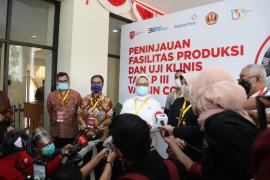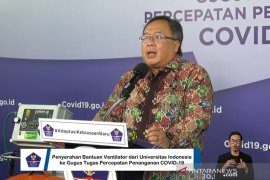The condition of the property market in early 2020 generally ran as usual in Indonesia. Likewise, shopping centers as the main reference for shopping, dining, and gathering continued to attract visitors, hotel occupancy is high on weekdays especially in the business district, several office leases are signed, and housing continues to sell units and plan further development, according to the Jones Lang Lasalle Indonesia report in April 2020.
However, in the middle of March 2020, Corona disease was determined as a pandemic by WHO, which soon significantly affected daily lives in Indonesia and globally. The pandemic led to a policy response by the government, in this case, the Provincial Government of Jakarta through the Decree of the Governor of Jakarta Number 380 in 2020, concerning the enactment of Large-Scale Social Restrictions (PSBB) in DKI Jakarta.
The government ensures restrictions on office activities, schools, public places, and entertainment facilities which are mostly closed as well as the existence of punishment when people gather to exceed 5 people. Also, there are strict restrictions on public transportation facilities. However, some places such as hospitals, grocery stores, banks, and other vital service facilities remain fully in operation. At present physical distancing also applies in all regions of Indonesia. This outbreak greatly affects the performance of the property market, of course, the most severe sector is the Hospitality.
According to the Colliers International Report, the average hotel occupancy rate in Jakarta was around 65% -80% until the end of 2019. However, this outbreak brings quite a pressure on the hospitality industry. According to the Minister of Tourism and Creative Economy, COVID-19 has a very serious impact on the tourism sector and the hospitality industry, until April 2020 around 1,500 hotels were closed throughout Indonesia, with occupancy rates of 0-8% and booking cancellations of up to 70%.
Besides, according to the Indonesian Hotels and Restaurants Association (PHRI), the average national hotel occupancy rate has dropped by 30-40% since February, with around 1,266 hotels closed and expected to be higher. Furthermore, an estimated 150,000 workers were affected by this pandemic.
In general, the main sources of income for hotels are room accommodation, food and beverages, and meeting/event facilities. However, all three sources of income have been influenced by the pandemic. Meanwhile, demand for room accommodation has declined sharply after a decline in tourism and business activities, the adoption of physical distancing nationally has eliminated the demand for restaurants, bars and hotel conference facilities.
This certainly makes some hotel operators make strategies to generate revenue streams when the hotel must continue to operate, which offers food delivery services, where customers can order food from their respective hotels through food delivery platforms such as Go-Food and Grab-Food. So that people can enjoy the hotel-style food menu. Also, hotels offer promotions on their dining services such as offering discounts and free shipping around the hotel.
Related news: Two Jakarta hotels housing 500 COVID-19 medical workers
Related news: COVID-19 crisis prompts temporary closures of 17 hotels in Bogor
Furthermore, the pandemic has brought Indonesia’s big cities to restrictions, which leads to the work from home and temporary shut down for companies/offices. Some hotels can also offer workday packages at very affordable prices for people who are looking for a new, spacious, and comfortable atmosphere at work. Hotels can offer a single-bedroom package, which can be used daily from several hotels in central business district especially for guests who need private office space on that day. Some hotel operator strategies that can provide discounts of 20% -30% for the cost of the stay per day depending on the type of room and hotel location, or can also give a discount of only 10% but get a stay and breakfast facilities.
Furthermore, some hotels can propose to be designed as "Quarantine Places" as a residence for medical officers. A comprehensive set of criteria and conditions including being in the vicinity of the COVID-19 referral handling hospital, was recorded as having never laid off employees amid the outbreak and could follow the standard operating procedure (SOP) from the Ministry of Health.
The cooperation scheme is hotels that function as independent quarantine centers get revenue from the government at below-market prices. Although this can be a lucrative option for some properties, it may not be that all hotels that have implement it as a quarantine center have succeeded with their registration due to comprehensive qualification requirements and sometimes also opposition from surrounding communities.
As the hospitality industry continues to bear the greatest burden of this pandemic, hotel owners and operators are looking for creative ways not only to offset operating costs but to make a positive contribution to the recovery efforts with the government. However, many of these alternative income generating strategies still need to be tested. The hospitality industry certainly requires no short time to rise. So, no doubt, the need for government policies to accelerate "new normal" activities in Indonesia, especially the existence of protocols that prioritize safety, hygiene and health.
The views and opinions expressed on this page are those of the author and do not necessarily reflect the official policy or position of ANTARA News Agency.
Related news: Hundreds of medical workers staying in four DKI Jakarta hotels
Related news: At least nine hotels closed in SE Sulawesi due to COVID-19 outbreak
Related news: President suggests utilizing SOEs-owned hotels for COVID-19 treatment
Copyright © ANTARA 2020












